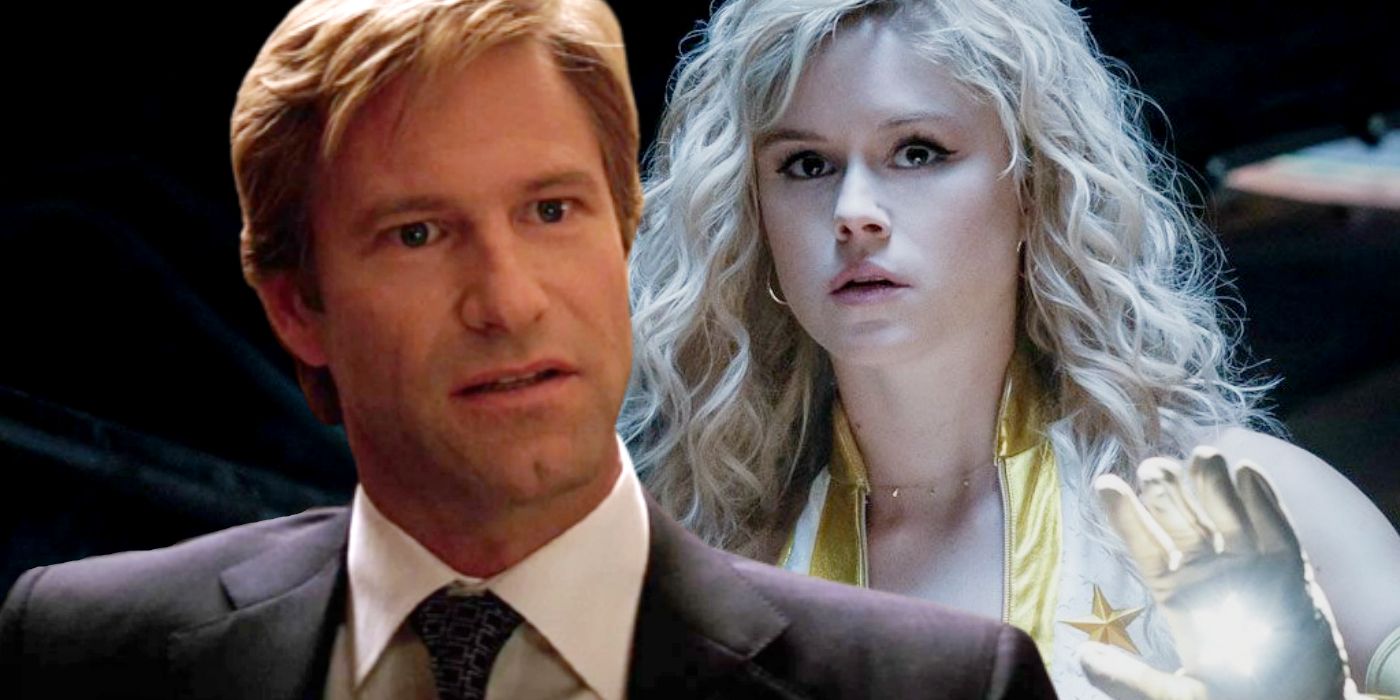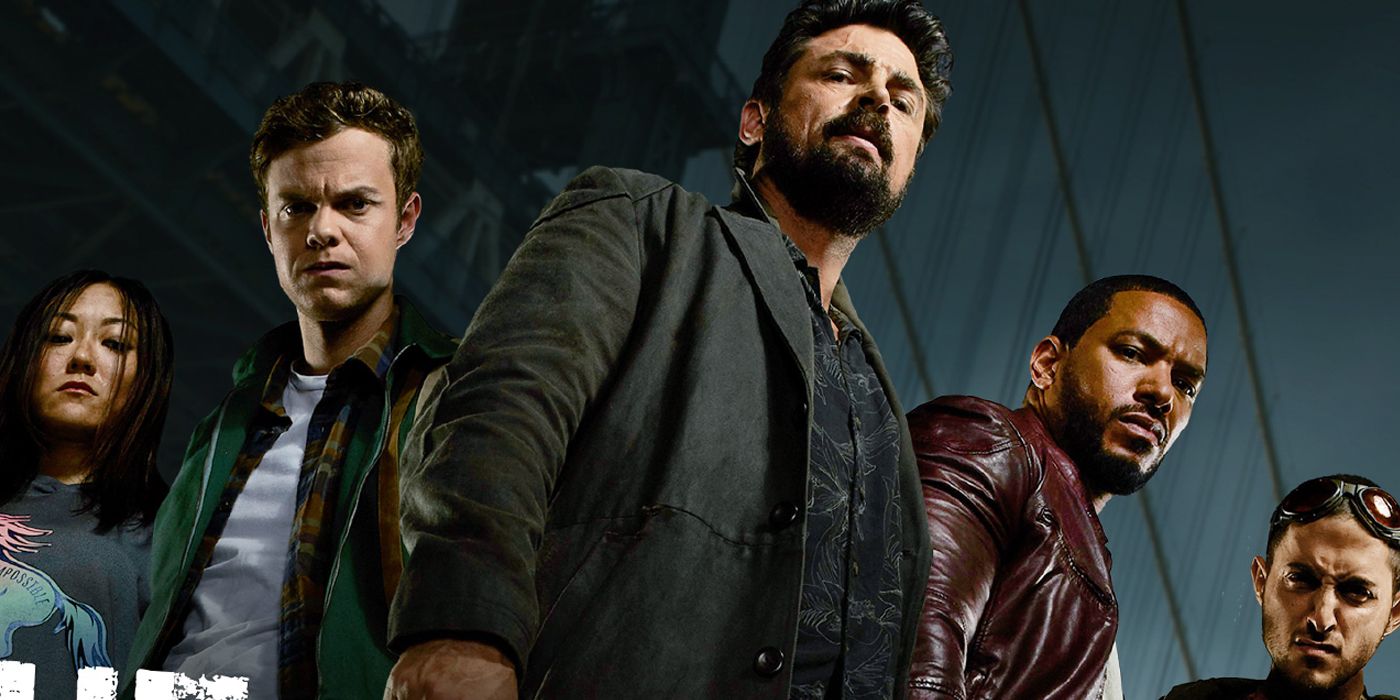The Boys season 2 proves the best heroes not only possess flaws, but recognize them too, putting a twist on Harvey Dent's classic villain line from The Dark Knight. It'll come as no surprise to anyone familiar with Amazon's The Boys that the series is devoid of traditional heroes. From the moment Homelander shoots down a private plane with heat vision, it becomes clear that the vast majority of Vought's superheroes lack a moral compass, while the rest happily turn a blind eye when it suits them. This would usually make The Boys the story's heroes, and while Butcher's mob are certainly more virtuous than their super-powered opponents, The Boys has never portrayed its protagonists in such a flattering light.
From his very first scene, Butcher is shown to be morally questionable. He manipulates Hughie, abandons his friends and endangers children. However, The Boys season 1 did leave viewers rooting for a few characters. M.M. was the gentle giant family man, Frenchie the lovesick romantic and Kimiko the tortured test subject. And at the very top of The Boys' ethical league table sat the tandem of Hughie and Starlight who, among the corruption and filth of the superhero world, managed to come out of season 1 relatively untarnished. The Boys season 2, however, goes even further to prove that heroes truly don't exist in Garth Ennis' fictional world.
The Seven are, predictably, as awful as ever in The Boys season 2, despite early signs of redemption for Queen Maeve, while Butcher is continuing to test the limits of what a protagonist can get away with. Less predictably, the rest of The Boys have taken a distinctly darker path in season 2. Through his association with the underworld, Frenchie became unwittingly involved in human trafficking, then resorted to drugs when everything went wrong. Kimiko has started killing for money, whereas she previously only attacked those who hurt her. Even M.M., the most wholesome of the original Boys, stands by unaffected as Frenchie shoots a (relatively) innocent security guard. The Boys were never heroes, but season 2 makes a concerted effort to drive home their moral flexibility.
No scene proves this more than the heart to heart between Butcher and Starlight. While trying to transport Hughie to hospital, the uneasy pairing of Annie and Butcher are forced to commandeer a car, but the attempt goes sideways and Starlight accidentally kills the driver - an innocent (albeit fairly annoying) father. Annie later explains that despite feeling an initial jolt of guilt, the sadness soon subsided as she realized the driver was just another person in her way. In this moment, The Boys loses one of its few real heroes. Starlight's decaying morality had been evident throughout The Boys season 2 - when she blackmailed Gecko, for example - but this cold-hearted admission puts Annie firmly in the same category as Butcher's leaving Hughie as the only protagonist without a sizable black mark on their record.
This is a twist on The Dark Knight's classic "live long enough to become the villain" concept, but kicked into overdrive, proving that even the brightest, most heroic star can be corrupted by her power. When Starlight was a genuine, righteous hero, her entire life was a lie, deceived by both her own mother and the superhero system. Now that Annie knows the truth, her heroism has been tainted with innocent blood, and Annie isn't feeling as guilty as she perhaps should.
In most TV shows, a wholesale darkening of the protagonist group would create a more depressing story - sending a message that heroes don't exist, only different shades of villainy. While that's certainly one way to interpret both The Boys and The Dark Knight, Annie's story proves that the best heroes come with massive character flaws, and not just an aversion to glowing green rocks, or being unable to balance vigilante work with delivering pizza. Rather than heroes like Harvey Dent turning rotten gradually, however, the protagonists of The Boys are constantly walking a thin tightrope between right and wrong. Not only does this add more depth to The Boys' "heroes," but the ethical balancing act continues the show's unflinchingly realistic depiction of superhero culture.


